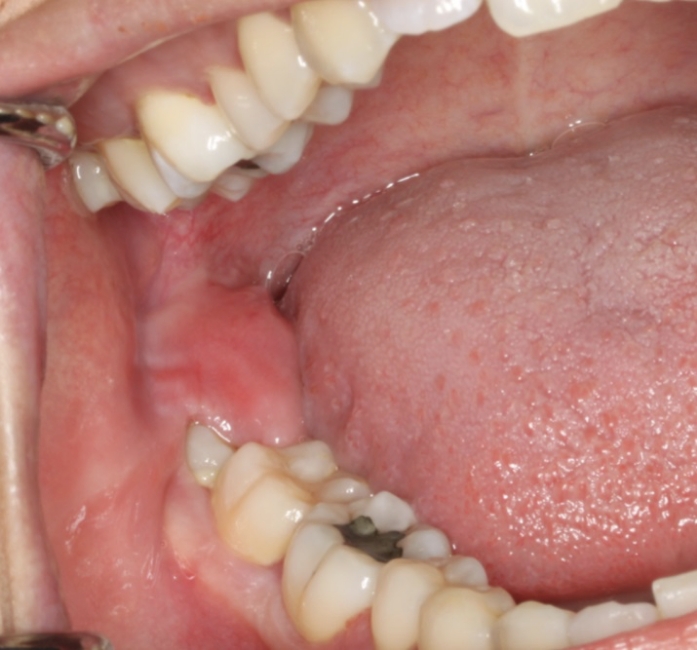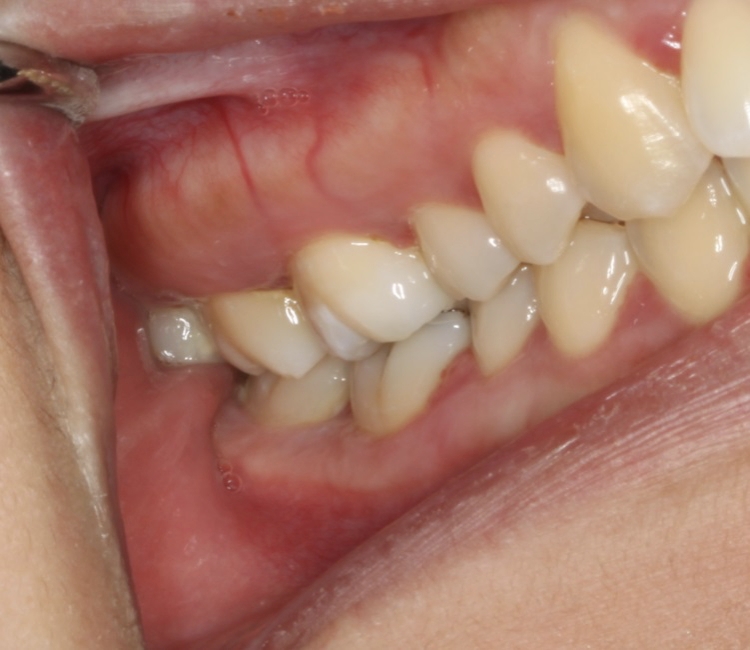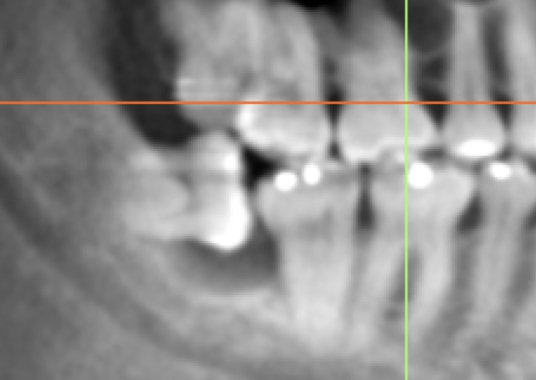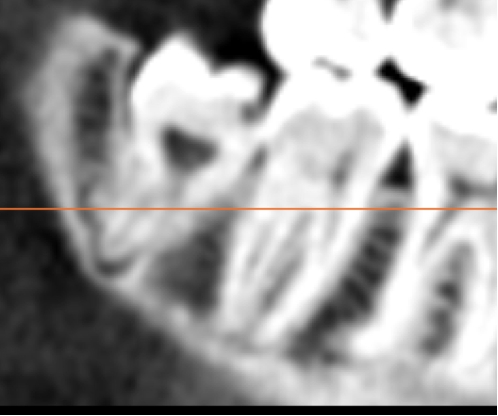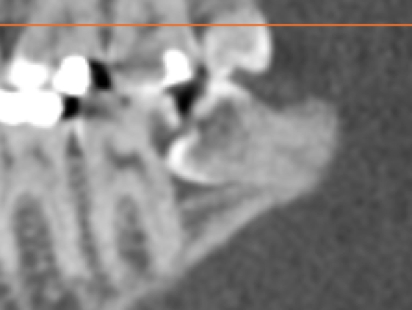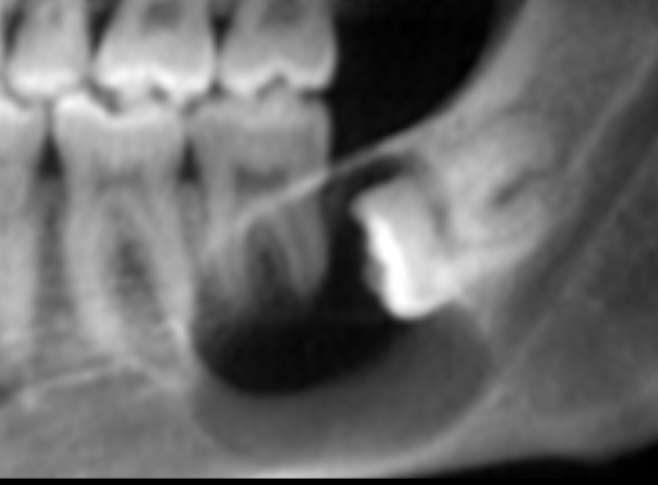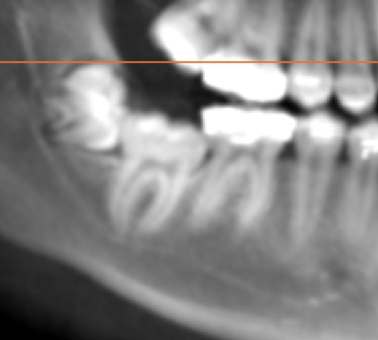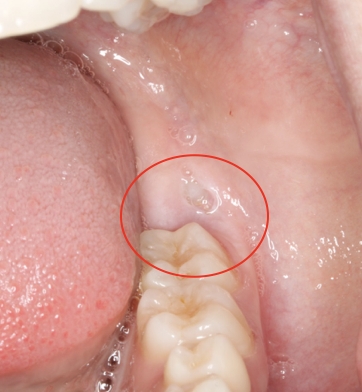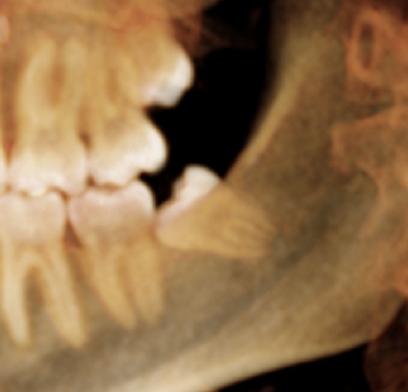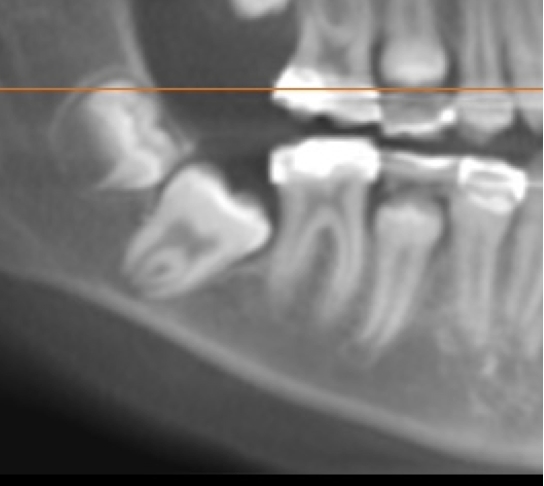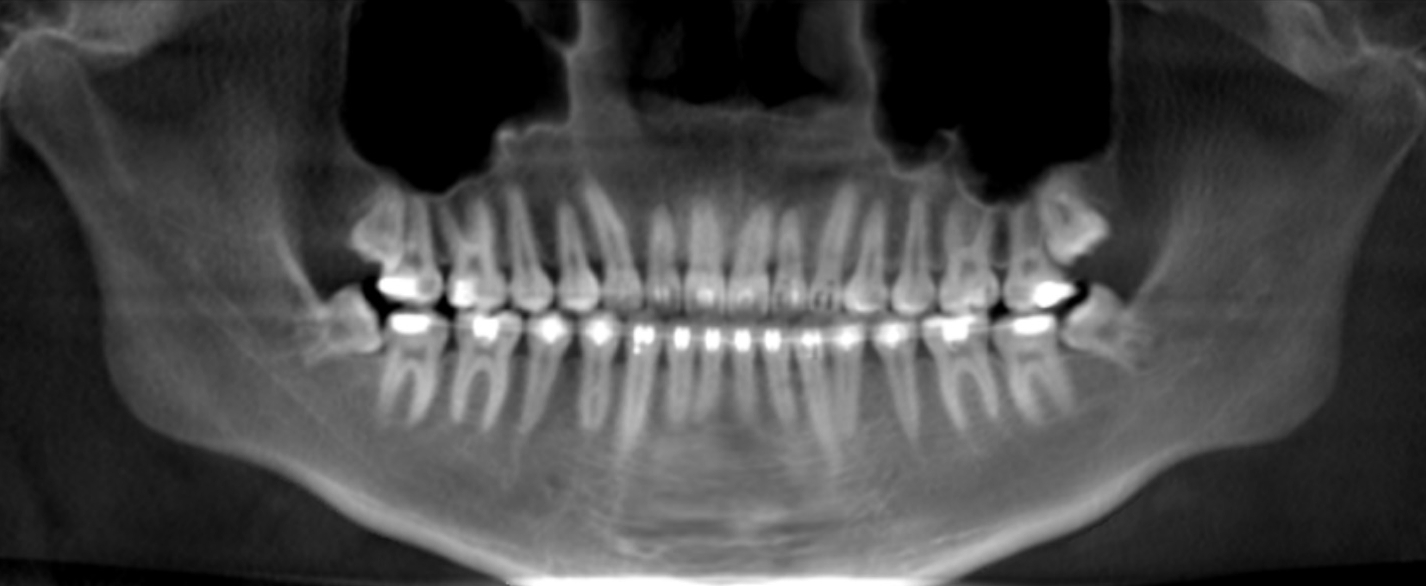Impacted Wisdom Teeth (Third Molars)
Wisdom teeth or third molars are the last teeth to come into the mouth. They emerge in your mouth from ages 15-21. When a tooth doesn’t fully emerge properly and is stuck under the gums or bone, then it is called “impacted.” Impacted wisdom teeth can cause issues as they try to come in, including infection and pain. They can also affect the health of your second molars.
Problems With Wisdom Teeth
(Click on the positive sign to learn more)
Why Should I Have My Impacted Wisdom Teeth Removed?
What If My Wisdom Teeth Are Not In The Mouth And Causing No Problems?
“Given that we cannot confidently predict what the future holds for all patients with asymptomatic, disease-free teeth, we must rely on the clinician’s experience and expertise in recognizing the likelihood that pathology will develop…”

When Should I Remove My Wisdom Teeth?
We recommend wisdom teeth be removed in adolescents (ages 15 to 21) in order to prevent future problems from occurring. Occasionally, they are removed earlier if they are impeding the normal emergence of the second molars. Typically, wisdom teeth are easier and safer to remove when they are partially formed. As they grow longer and your jaw bone becomes denser with age, then their removal can be more traumatic, and have more risk, thus increasing the chances for complications.
To learn more about your eligibility for wisdom teeth removal, we welcome you to schedule a consultation with an oral surgeon.
What Are The Risks Of Wisdom Teeth Removal?
- Bleeding
- Swelling
- Infection
- Bone loss
- Injury to the inferior alveolar nerve
- Communication in the sinus cavity
- Dry Socket
Can You Get All 4 Wisdom Teeth Removed At Once?
Yes, it’s very common and often recommended to have all four wisdom teeth removed at once. This approach streamlines the recovery process, reduces the need for multiple anesthesia sessions, and is often more cost-effective. Your oral surgeon will assess your specific situation and determine if this is the best course of action for you. Factors like the position and development of your wisdom teeth, as well as your overall health, will be taken into consideration.
Can You Describe The Risk Of Nerve Injury And How This Can Be Prevented?
All lower wisdom teeth develop close to the inferior alveolar nerve. This is a sensory nerve that provides feeling to the teeth, lip and chin on that side. As wisdom teeth roots develop, they can interact with this nerve. If the nerve becomes injured, this can cause numbness or feeling loss to the lip and chin on that particular side. Often this is a temporary problem that resolves in weeks or months.
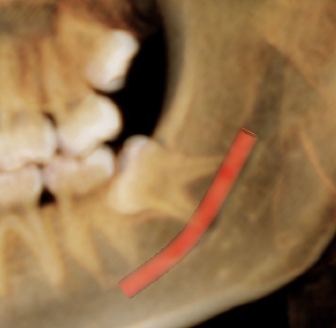
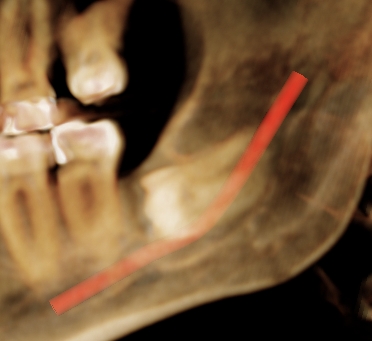
Coronectomy
In certain cases, your surgeon may decide to perform a coronectomy procedure to minimize the risk of inferior alveolar nerve injury. This involves removing the crown or top portion of the tooth only and leaving the roots buried. Uncommonly, the root remnant can migrate, necessitating a second procedure to remove the root.
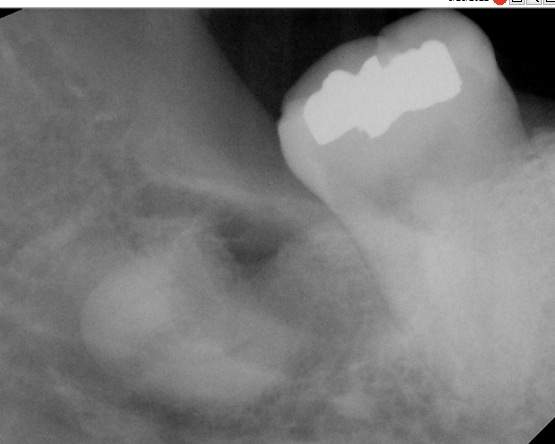
A Walkthrough of Our Process
During the initial consultation, your surgeon will perform a physical examination, collect 3D images of your teeth and jaw, and discuss the need for wisdom teeth removal. It is our routine to remove all four wisdom teeth at the same time under IV sedation. This offers the best experience possible with only one recovery.
You’re in Good Hands with Our Doctors
Inland Empire Oral & Maxillofacial Surgeons has a reputation for clinical excellence, warm and welcoming patient care, and best-in-class technology. Our entire staff is committed to providing you with a smooth and comfortable experience, ensuring your safety while helping you achieve full restoration of your oral and facial health. To schedule a consultation, we invite you to contact us at one of our many locations.

